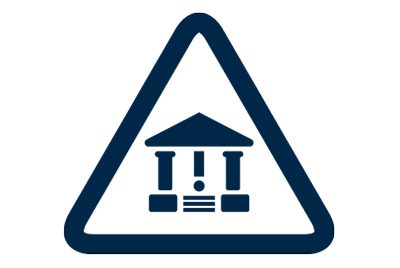Proposed Changes to the Uniform Accountancy Act
–
April 8, 2025

Earlier this year, the American Institute of CPAs (AICPA) and the National Association of State Boards of Accountancy (NASBA) proposed changes to the Uniform Accountancy Act (UAA) that would establish an additional pathway to CPA licensure. Comments are due May 3.
The NJCPA supports these changes, which would strengthen the profession’s long-term viability and accessibility. These revisions provide flexibility in the licensure process while upholding high standards, helping to address workforce shortages and attract new talent. The NJCPA also recognizes the importance of maintaining consistent licensure requirements across states to support practice mobility and public trust.
This week, the NJCPA submitted a comment letter to the AICPA and NASBA indicating the Society’s intention to introduce legislation to establish an additional licensure path. Our proposal will include language intended to ensure continued practice mobility for out-of-state CPAs practicing in New Jersey as well as the addition of a licensure pathway requiring passage of the CPA Exam, a baccalaureate degree with an accounting concentration and two years of experience in accounting.
CPA members, educators, students or others interested in commenting on the proposed pathway or changes to the UAA may refer to specific sections or paragraphs of the NJCPA comment letter.
The information in this guide has been gathered from many sources, including the Internal Revenue Service, the Social Security Administration, state agencies, professional organizations and members of the NJCPA. The majority of state agencies offer online and prerecorded services. It’s best to check online or call before you visit.
Material contained within this guide should be augmented by, and used in accordance with, a certified public accountant's professional judgment. Your CPA can properly apply the tax laws and regulations to the facts and circumstances of your particular situation. For help with locating a CPA, visit findacpa.org.
The New Jersey Society of Certified Public Accountants is not responsible for any claims arising as a result of this information or its usage.
This guide was updated in August 2024. Future users of this material are cautioned that some portions, particularly tax-related information, may become outdated.